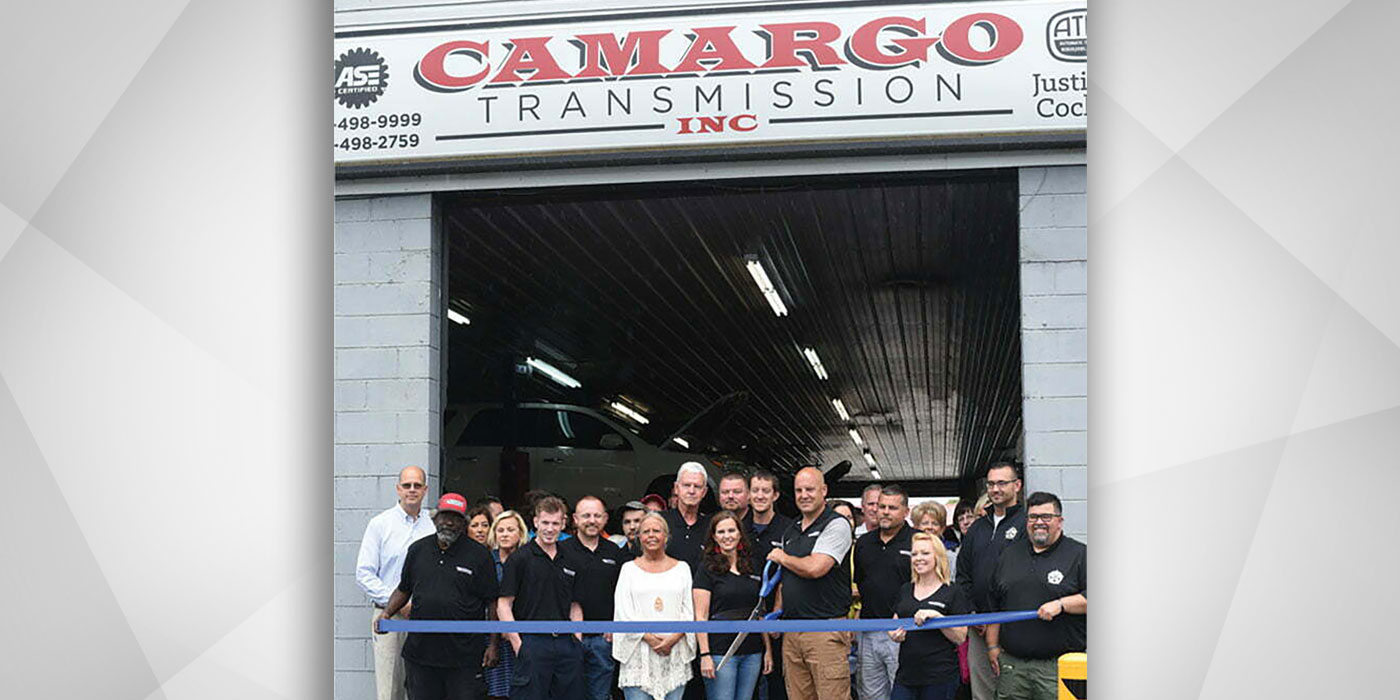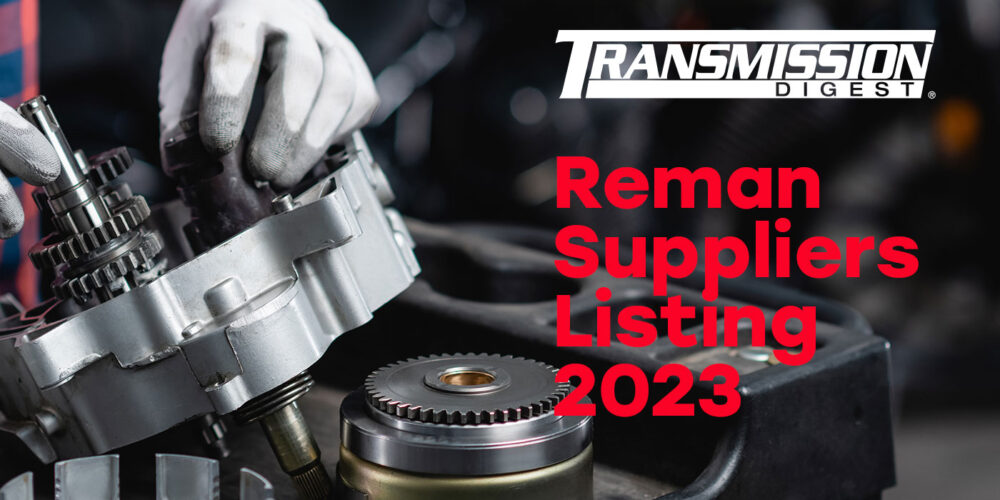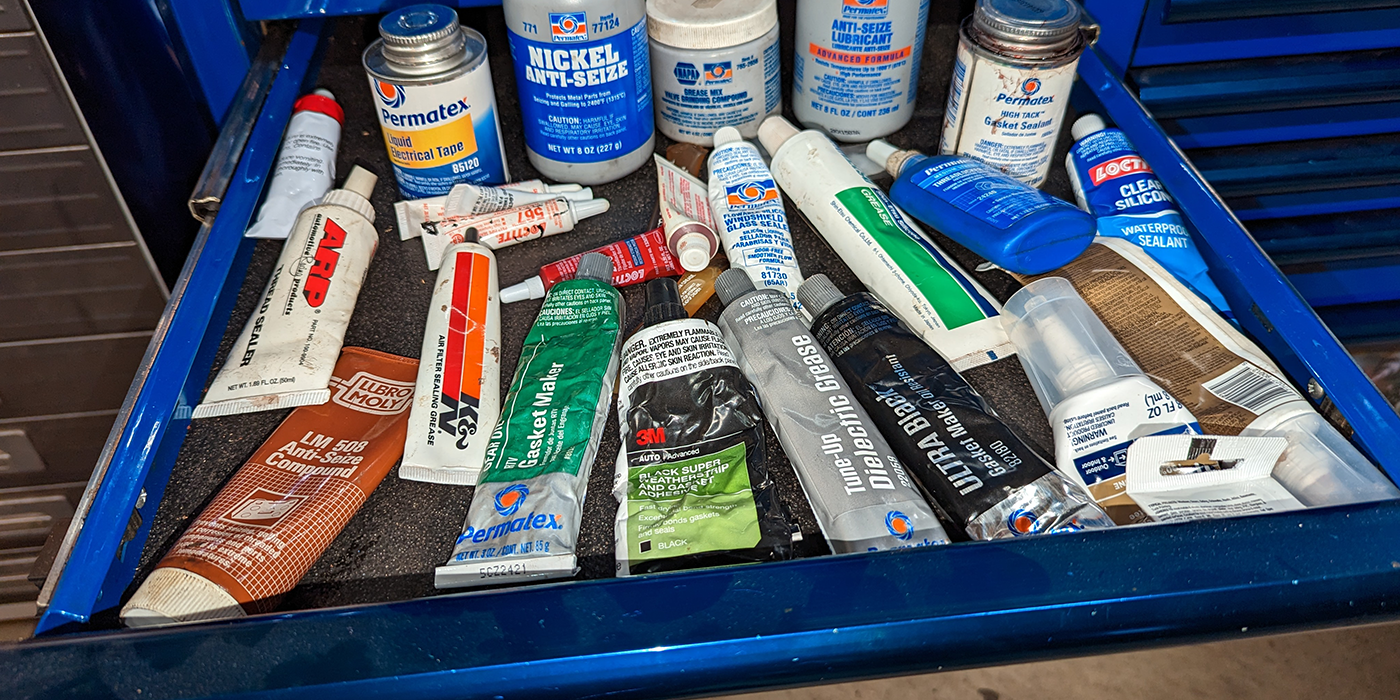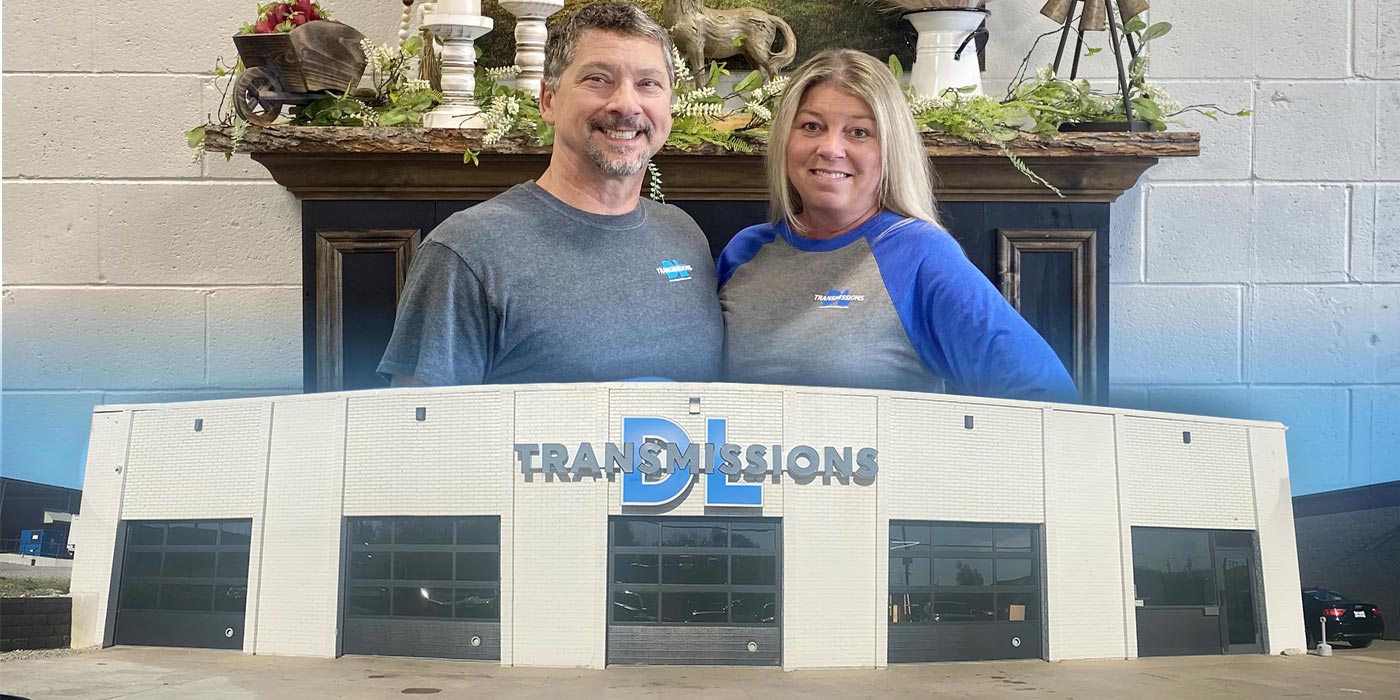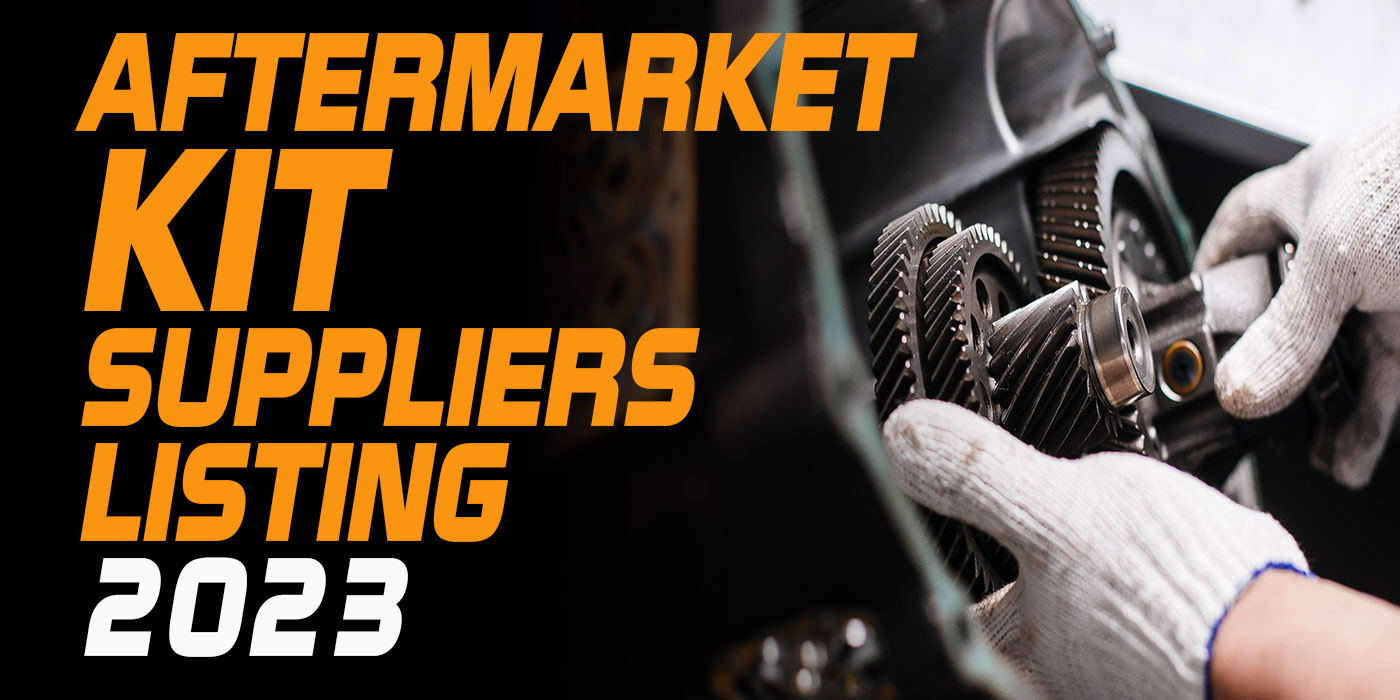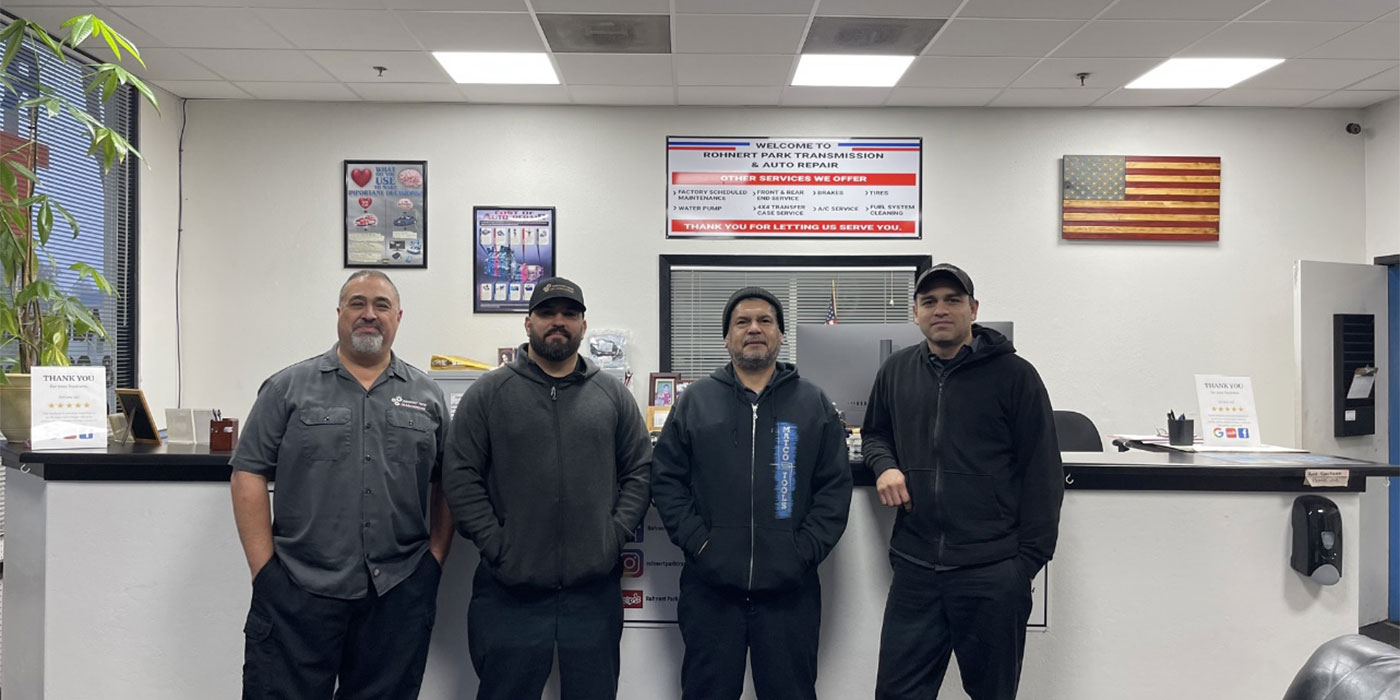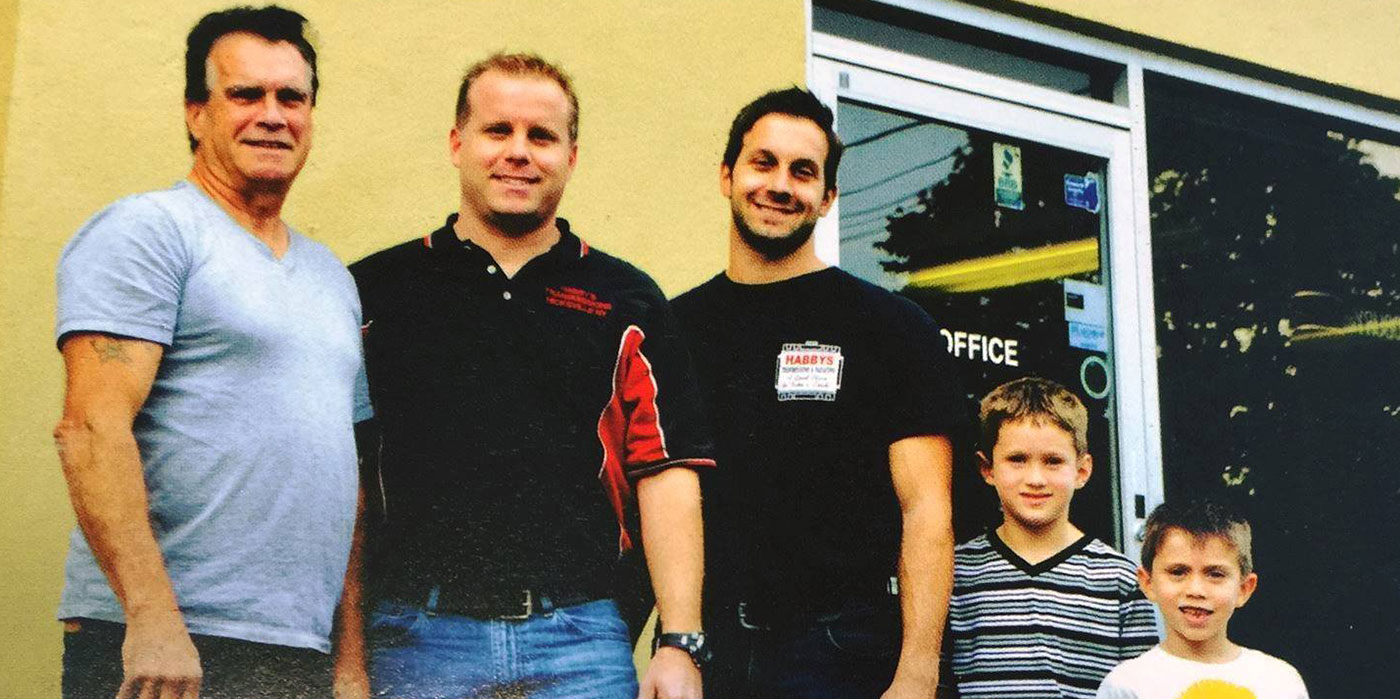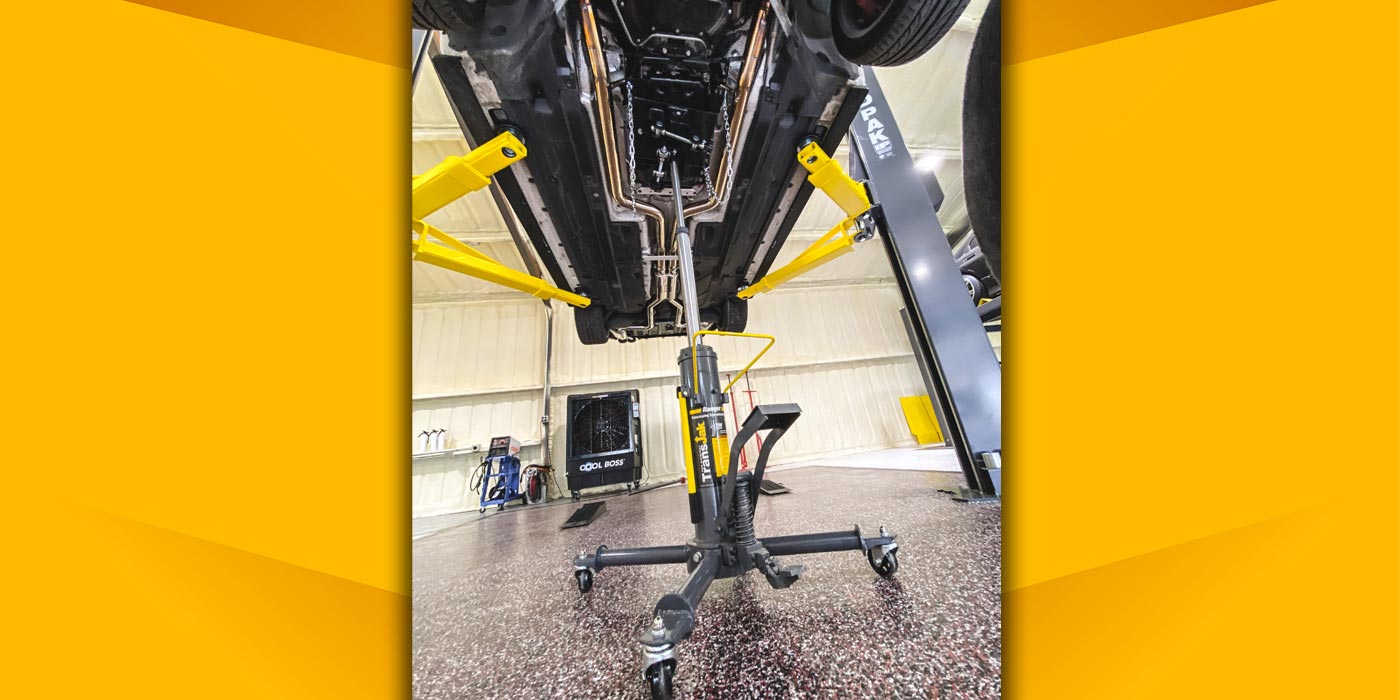
It’s Your Business
- Subject: Pitfalls in dealing with new wholesale, fleet and referral accounts
- Essential Reading: Shop Owner, Center Manager
- Author: Terry Greenhut, Transmission Digest Business Editor
Outside sales, as we should know by now, is more a matter of perseverance than prowess. Sure, you have to pick the right accounts to approach and you need to do an excellent job of qualifying and presenting the benefits of your service, but after the initial contact, and maybe one or two more, it all comes down to how many times you can revisit them, leaving a good impression each time you do.
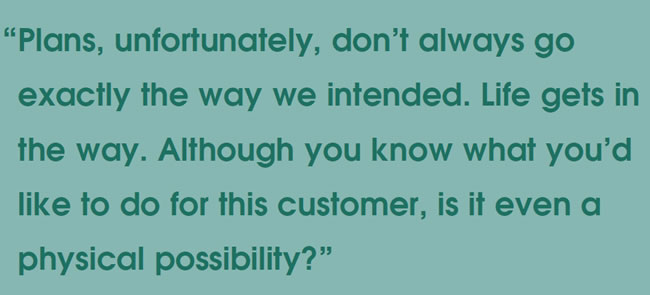
It’s going back over and over again without being frustrated by rejection until one day, when all the planets are aligned, this person you’ve been stalking for months finally gives you your first try. What a happy day that is. It’s also the day you make all sorts of promises to your new client and to yourself about how you are going to service this account that you’ve worked so hard to get.
Of course, you’ll plan to give the account top priority and put everything else aside, you’ll check every finished vehicle yourself to make sure it’s perfect, and you’ll look at each invoice to be certain it is priced properly and in accordance with whatever agreement you made with the client. So that’s the plan; you’ll provide the best service, quality and attention to detail this customer’s ever gotten from anyone in his or her entire life.
Plans, unfortunately, don’t always go exactly the way we intended. Life gets in the way. Although you know what you’d like to do for this customer, is it even a physical possibility? For example: You can’t promise every one of them that you’re going to give them top priority, put them first on the list. Who would be second? Well, you actually could make that promise, but how long do you think it would be before they realize they aren’t always the first priority – or even the second, for that matter?

That brings us to our top 10 pitfalls in dealing with new wholesale, fleet and referral accounts.
1) Lying
The problem with lying, even though your intentions might be good, is that once you are caught at it – even for something that’s inconsequential – you will never be trusted by that person again. Even worse, nobody from your company will ever be completely trusted again, either, so sending in the second team to patch things up may not work. A good way to keep from lying is to never speak in absolute terms. Always leave a little room for doubt. Instead of saying, “You will be our first priority” say, “We will do everything possible to make you our first priority.”
2) Hurting people’s feelings
New wholesale, fleet and referral accounts are extremely fragile. The people you are beginning to do business with are strangers to you. You don’t know what kind of a sense of humor they might have and you don’t know what types of issues are on the taboo-to-talk-about list. Sometimes just saying the wrong thing, or saying the right thing in the wrong way or at the wrong time, can make someone very upset with you. Sometimes a comment or gesture doesn’t have anything to do with business at all, yet there will be a penalty to pay for making it.
The best course of action is to stick to business until you get to know people really well. Don’t engage in conversations that can lead to arguments. Try never to give clients advice about anything in their personal lives that they may have told you about. It’s always best to stay away from subjects like religion and politics. In general, it is a good idea to think quickly but speak slowly, giving yourself as much time as possible to catch words you don’t want slipping out.
3) Not keeping promises
Your new account calls about a specific vehicle and says, “If I give you this job, will you have it done by tomorrow evening? I really have to have it by then.” If you say yes, you made a promise. If you don’t deliver, you broke it. There are three choices if you aren’t sure you will succeed. One is to turn down this particular job, allowing them to give it to someone else who may or may not complete it on time; two is to take on the job and offer to provide a replacement vehicle if it isn’t completed; and three is to offer to pay a penalty if it isn’t finished on time. I wouldn’t recommend number one because you could lose the account to the other shop, but numbers two and three are viable solutions.
Making personal promises to customers can also get you in trouble. Promising to get tickets to an event that you aren’t 100% sure you can obtain, for example, can put you in the doghouse quickly and leave you there. Be careful what you promise.
4) Not getting it right the second time
Although your accounts won’t be thrilled about comebacks, most understand that there will be some; in fact, they expect them. What they have a big problem with is the same vehicle coming back over and over again. To them it means that your shop is technically inept. Although we might, once in a while, run into a problem that’s hard to solve, it had better not be the norm. Extra care must be taken in a comeback situation to ensure that the vehicle is properly repaired this time. If you are the one in charge, road-test the vehicle personally both when it comes in and when it’s ready to go out, and don’t accept anything less than perfection.
5) Insulting anyone’s selling ability
Some of your accounts may farm work out to you, meaning you charge them wholesale price and they resell the job to the retail customer. Sometimes they will lose a sale for any of several reasons. Even if you think the account did a terrible job of trying to make the sale, don’t comment on it. If you think you could have done a better job, offer some training at a later date or try to convert them to a commission account so you can do the selling for them. Any comment you make right now will be taken as a put-down of this person’s ability to do his or her job properly. This type of an insult can easily lose you the account.
6) Failing to protect emergency and critical vehicles
Unfortunately, we now live in a world that isn’t the safest. We have to be aware that there are some pretty bad characters who are just waiting for us to make a mistake. We now have to protect certain types of vehicles from being victimized by any possible terrorist groups or individuals. Those vehicles cannot be left unattended unless they are secured inside a facility in which no one but authorized personnel can have access to them. Vehicles owned or used by police or fire departments, ambulances and public utility companies, to name a few, are in that protected category. Make sure you know whether the vehicles you work on must be protected. If you slip up on these you will definitely lose the account.
7) Overcharging contract accounts
You may decide to bid for certain accounts. Any that involve government agencies of any kind are obliged to accept the lowest bid unless it can be proved that the lowest bidder cannot do the job. If you are awarded a contract because you are the lowest bidder, understand that you are going to have to live with your price until the contract has expired. For one thing, they can sue you if you don’t or if you refuse to do any more work because you’re losing money. You could lose your performance bond if they made you take one, and if you are caught phonying up any charges or selling additional imaginary parts you could go to jail. Be very careful about bidding on any contract. Know what you’re getting yourself into. Always remember that volume is no good unless there is a right price to go along with it.
8) Forming personal relationships
You would be better off not doing it. Even the best of them can end badly. Having any kind of a personal relationship with a client puts you in the position of having to handle two relationships – as if one weren’t difficult enough. Either relationship can ruin the other. Seems as if it’s hardly worth the trouble. Let your friends be your friends and your business associates be just that, and you will probably sleep much better for it.
9) Not honoring warranties
Want to really make a client hate you? Just give her or him a hard time about a warranty. It doesn’t matter who’s right, because you can be totally right in many situations and still lose. Here, you can be right that the warranty has expired, but if you don’t take care of the customer you will lose the account.
I’ll never forget the time when I had been in business for only about a year and was on the phone arguing with a service-station owner about a car with a six-month warranty that went bad after it had been out about 10 months and was well over the mileage. He wanted me to eat the cost of repairing it because he said he couldn’t get his customer to pay again. He wasn’t even willing to negotiate. He just wanted it fixed for free.
As we were arguing, a parts supplier of mine who had been in the business for a long time walked in and overheard me on the phone. He whispered to me to put the call on hold and then taught me one of the best lessons I ever learned in business. First, he asked me whether this was otherwise a good account. When I said it was, he said: “Look, if you don’t take care of this you’re going to lose this guy forever. If you keep him, do you think you can create opportunities to get back whatever this is costing you?” That’s when I learned it was never a good idea to get mad; just get even.
10) Refusing to be flexible
Rules is rules, or so they say. They (whoever they are) also say that rules are meant to be broken. That can be confusing. We can set rules for just about anything in our lives. Some that include our basic values we probably won’t want to stray too far from. When it comes to dealing with accounts that we want and expect to keep for a long time, we have to show some flexibility. If we don’t, after we’ve dealt with them for a while they will think they are on a one-way street, always doing it our way. It might be a good idea to throw them a bone once in a while by taking care of a problem without performing a complete overhaul, if indeed that can be done. That way they will believe you are truly there to help them solve problems, not to just sell them the maximum each time.
To sum up, you work very hard to get new accounts. Make sure you put enough effort into keeping them.

Visit www.TerryGreenhut.com.




